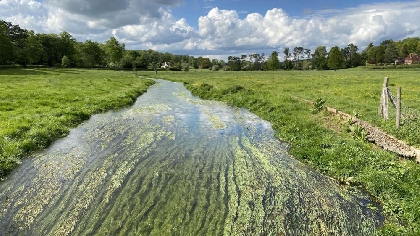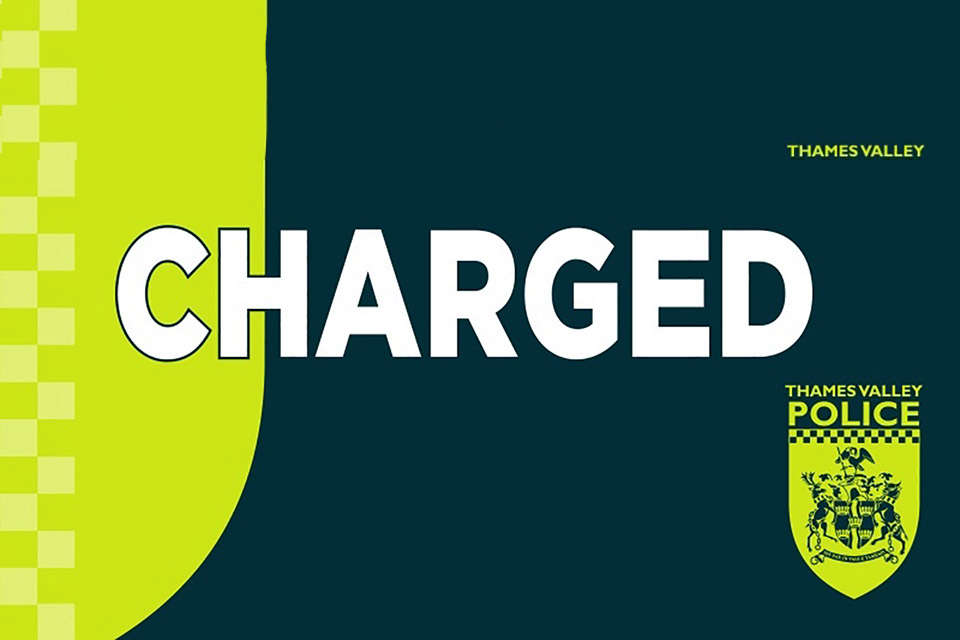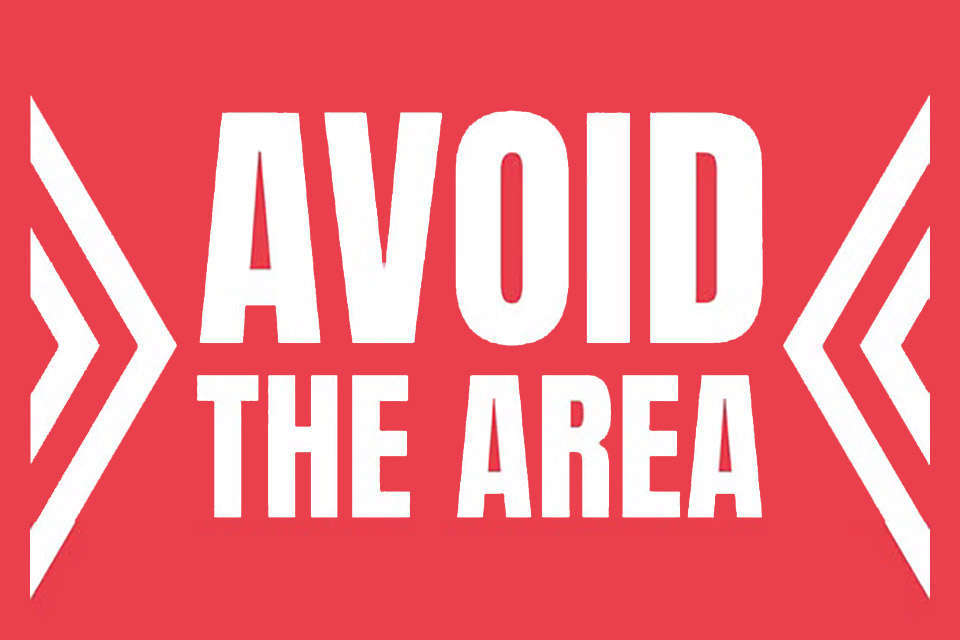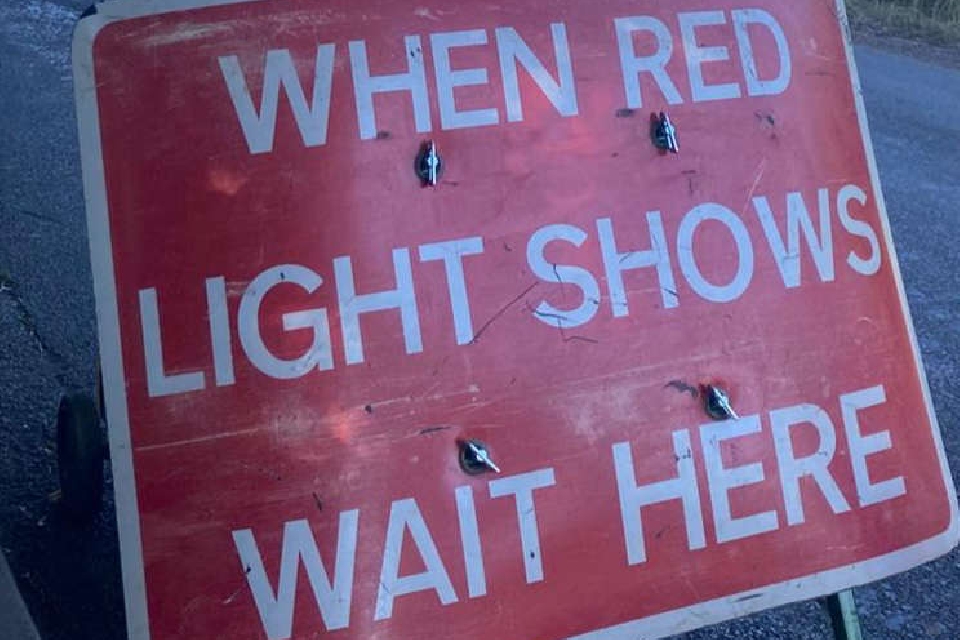
A secret plan to abstract millions of litres of groundwater from the River Chess in Chesham has been halted, marking a win for environmentalists.
In a major U-turn this week, the Environment Agency said it was pausing an agreement with Affinity Water to abstract water at the former pumping station on Alma Road, which was decommissioned in 2020.
Both parties had said that resuming pumping at the upper Chess was necessary to reduce the risk of flooding.
However, green groups had warned that there was no scientific evidence for this strategy and that fresh abstraction could damage the precious ecology of the chalk stream, potentially sparking new drying events.
A spokesperson for the EA told the Local Democracy Reporting Service (LDRS) that the agency had ‘listened’ to criticism of its plans and recognised that people were ‘upset’.
They said: “We have a clear commitment to the River Chess, balancing the issues that too little water is harmful to the ecology of the Chess, while too much water could increase flood risk.
“We need to find solutions where we protect the river, while also protecting people’s homes and businesses from flooding.
“However, we acknowledge that we should have worked more closely with local community and interest groups before reaching agreement with Affinity Water to balance flood risk and sustainable flows by allowing abstraction.”
The EA said it had the ‘full support’ of Affinity Water in pausing their agreement to abstract groundwater and that it would spend the next few weeks ‘engaging with key stakeholders’ on how it could balance protecting chalk streams with protecting people from flooding.
Paul Jennings, the chairman of conservation group, the River Chess Association, has welcomed the EA’s climbdown and was highly sceptical of its plans.
He said: “The River Chess Association feel there will be little data to support the resumption of abstraction.
“They believe the focus should be on tangible flood risk identified by volunteers over the past five years not theoretical models.”
Jennings’ group, which is among those the EA says it wants to hear evidence from over the coming weeks, has pointed out some of the problems and potential solutions to flooding from the Chess in Chesham.
These include trees and weeds preventing river water from flowing freely in the ‘heavily congested’ channel in the Moor Road area of town, which has been flooded for months this year.
The Chiltern Society, another of the groups set to be consulted by the EA, also welcomed the agency’s decision to put its abstraction plans on hold.
A spokesperson said: “I can only conclude this is a result of the lobbying we’ve done in Westminster and with the fear of further action from industry experts from across all sectors being imminent.”
News that the EA had planned to resume water abstraction from the upper Chess came to light after a letter from the agency to the River Chess Smarter Water Catchment project in July was leaked.
In the letter, seen by the LDRS, the EA said it had asked Affinity to resume pumping at Alma Road under an agreement set to last until 2029.
The arrangement would have seen around 62 mega-litres (62 million litres) of water abstracted per month.
The EA’s rationale was that modelling had shown that stopping public water supply abstraction at the top of the Chess catchment ‘suggested’ an increase in groundwater levels, which ‘could cause an increase in flooding’.
It also claimed that reduced abstraction could decrease the river’s capacity to hold additional rainwater, ‘which could increase flood risk’.
However, environmental groups have cast doubts on this theory, and warned that abstraction could have a disastrous effect on the delicate ecology of the Chess.
Some fear that abstraction could cause new drying events in the Chess like those seen between 2010 and 2019 and that species such as water voles, which have returned to the centre of Chesham, could be affected.
The Chiltern Society warned that it was yet to see the EA’s terms or details in writing and feared ‘it maybe a smokescreen’.
A spokesperson for the society claimed the agency’s staff had attended dozens of senior level meetings in and around the Chess where reducing abstraction had been discussed.
He said: “They chose on each occasion not to flag their intentions against all expert advice to effectively force Affinity Water to recommission this site at great expense, possibly stopping the flow of the Chess downstream.
“Let’s hope the new team at the EA has turned a page, and we start a new chapter where science and partnership working are respected.”



 Three Men Charged in Connection with Aggravated Burglary in Broughton
Three Men Charged in Connection with Aggravated Burglary in Broughton
 Emergency Road Closure on A413 Great Missenden
Emergency Road Closure on A413 Great Missenden
 Major milestone reached as first new council-run children's home completed
Major milestone reached as first new council-run children's home completed
 Local Charity aims for Donation Goal to Celebrate 30 years
Local Charity aims for Donation Goal to Celebrate 30 years
 E-Scooter Safety Reminder Following Fire in Aylesbury
E-Scooter Safety Reminder Following Fire in Aylesbury
 Aylesbury MP addresses welfare reforms
Aylesbury MP addresses welfare reforms
 A418 to reopen with temporary lights
A418 to reopen with temporary lights
 Latest on the A418 Gas Leak
Latest on the A418 Gas Leak











